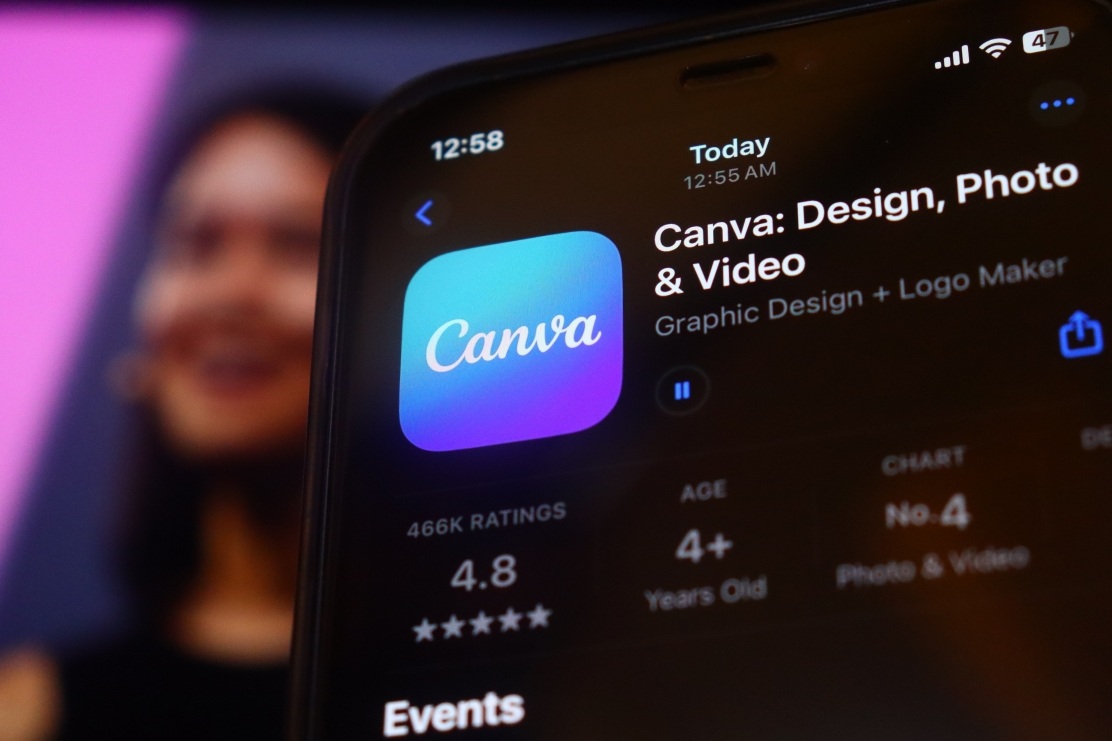[U.S. IPO] Valuation Doubles Figma’s Pre-IPO Level — Canva’s Latest Funding Hints at Public Market Debut

TradingKey - Following the strong market reception of design collaboration platform Figma’s IPO, which has reignited momentum for software company listings, another online design platform, Canva, appears to be preparing for a potential public offering.
On Wednesday, August 20, Canva, the Australian-based democratized design platform, announced a new employee stock sale program, allowing employees to sell shares to both new and existing investors, including JPMorgan and Fidelity.
This share sale has increased Canva’s valuation from $32 billion in 2024 to $42 billion — more than double Figma’s pre-IPO valuation. Figma was the largest U.S. tech IPO of 2025 through July.
Canva’s Chief Operating Officer Cliff Obrecht said the latest funding round has been “significantly oversubscribed,” with overwhelming demand from both new and existing investors, reflecting strong confidence in the company’s momentum and future scale.
Analysts note that Canva’s capital strategy over the past year — using secondary share sales instead of a public listing — mirrors the approach taken by mature private companies like SpaceX and Stripe. This is emerging as a new paradigm for unicorns navigating volatile public markets.
While Canva has not announced any formal IPO plans, several of its recent moves may indirectly signal listing ambitions. However, a key question remains: Will Canva delay its IPO after Figma’s post-listing share price decline?
Bloomberg reports that Canva is integrating AI-enhanced features into its design tools — such as a conversational AI photo editor — to drive revenue growth and prepare for a potential public listing. The latest equity sale is also seen as part of this preparation.
Before Figma’s IPO, D.A. Davidson analysts noted that Figma’s public debut could break the long silence in large private software IPOs, potentially encouraging companies like Canva, Databricks, and Genesys to launch their own IPO processes.
Founded in 2013, Canva competes with Adobe and Figma. Adobe, with its professional-grade tools for drawing and color management, primarily serves professional designers. Figma is favored for professional UI/UX design and team collaboration.
Canva, known for its ease of use, rich templates, affordable pricing, and broad accessibility, targets non-professional users and organizations needing efficient content creation. While focusing on individual users, Canva has also secured over 2,000 enterprise contracts, including with Airbnb and the New York Stock Exchange.
After more than a decade of work in democratized design software and with a strong push into AI integration, Canva continues to demonstrate solid operational strength and stable financial performance. The company’s annual revenue exceeds $3 billion, and it boasts 230 million monthly active users — far surpassing Figma’s 13 million.








